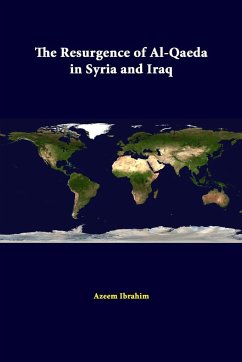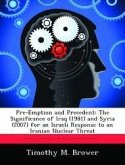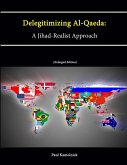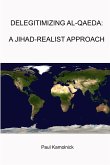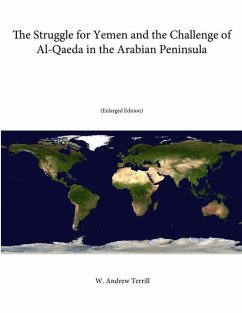By 2010, it was possible to see al-Qaeda as an organization in decline. It had lost militarily in Iraq and seemed politically irrelevant to the popular revolts during the Arab Spring. However, the Syrian civil war has allowed it to rebuild and, in the form of the local Al Nusrah Front, use a revised political and military strategy. This important monograph considers if these apparent gains can be sustained or whether al-Qaeda's ideology will again alienate other salafist groups and the wider Sunni population. Dr. Azeem Ibrahim bases his report on available evidence, interviews, and visits to Syria. At the moment, the Assad government seems to be making some gains, and the rebel forces are split into three broad groups of the Free Syrian Army, the Islamic Front (backed by the Gulf States), and two al-Qaeda groups (Al Nusrah and the Islamic State in Iraq and Syria [ISIS]). ISIS has alienated all the other factions and is likely to retreat to Iraq, but the Al Nusrah Front...

